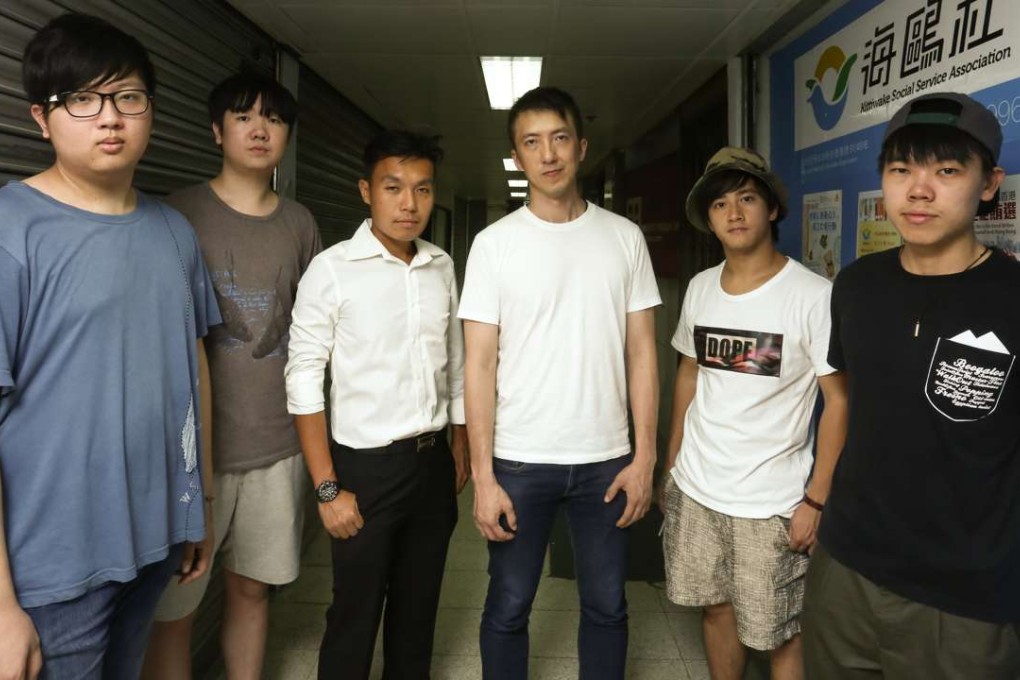Social enterprise finds winning formula to help marginalised Hong Kong gamers
Teen Future gives youngsters a chance to learn and earn money by testing new products

Many view gaming as a waste of time that could be better spent studying, but the founders of Teen Future see it as an opportunity for teenagers to learn and carve out a future.
Connor Chu Hing-ting and Bonnie Leung set up the social enterprise about 18 months ago to provide learning and part-time jobs for teenagers through subcontracted video game testing work.
“I used to give free tuition to marginal youths for around 10 years, but I felt that I was not able to really help them,” Chu said.
This led him to explore other means of helping young people. His experience made him realise the close connection between teenagers and gaming.
As Chu and Leung did not know much about gaming, they approached a professor who specialises in the topic. Together they found that game testing was something that could provide youngsters with learning and job opportunities.